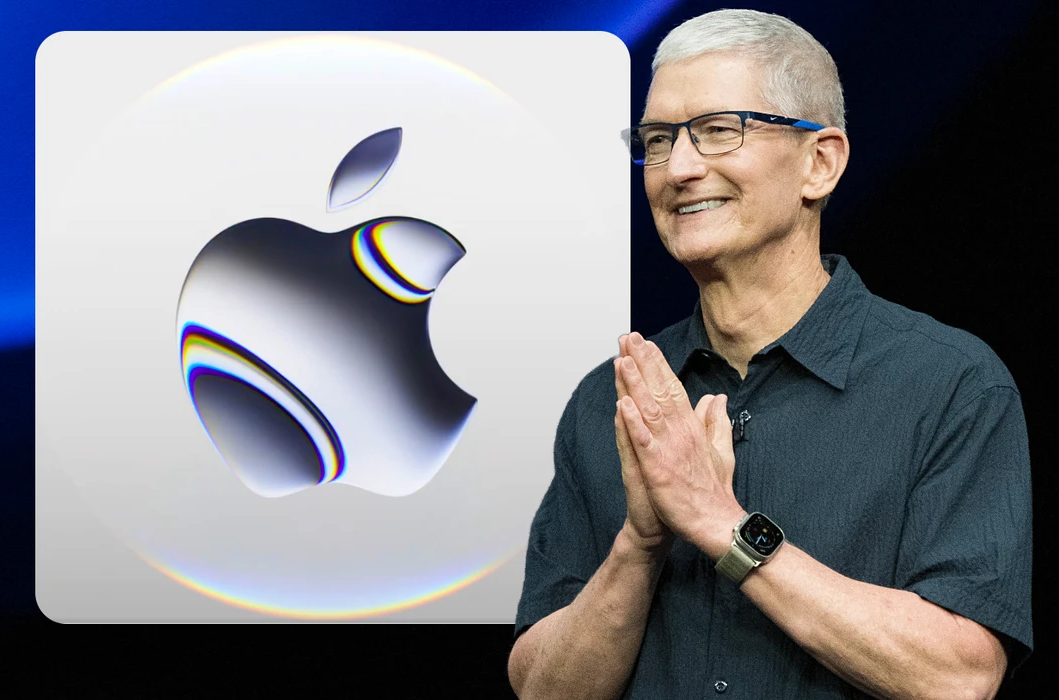According to MacRumors, the iPhone 18 series will adopt TSMC’s 2nm chip manufacturing process for its next-generation A20 chip, promising major leaps in performance and energy efficiency for the models launching next year.
However, this super technology will also significantly increase production costs - some of which Apple may pass on to consumers.
The latest confirmation about Apple’s use of TSMC’s 2nm process for next year’s iPhones comes from renowned Weibo leaker Digital Chat Station, who has reliable sources within China's supply chain.
Earlier, industry analysts like Ming-Chi Kuo and Jeff Pu had made similar predictions, making it almost certain that Apple will adopt this cutting-edge semiconductor technology in its upcoming devices.
In 2023, Apple introduced 3nm chips for the first time in iPhones and Macs, moving away from the previous 5nm process.
The shift to 3nm brought a 20% faster GPU, a 10% boost in CPU performance, and a Neural Engine that was twice as fast, along with similar improvements for Mac devices.
The upcoming iPhone 17 series is expected to use TSMC’s N3P chip technology - an enhanced version of the 3nm process.
However, moving to the 2nm process in the iPhone 18 lineup is expected to deliver a much more significant leap in both speed and efficiency.
The terms “3nm” and “2nm” refer to different generations of chip manufacturing technologies, each with its own design rules and architectures. As the number shrinks, it typically means smaller transistors.
Smaller transistors allow for more to be packed into a single chip, resulting in faster processing and lower power consumption.
TSMC is expected to begin mass production of 2nm chips by the end of 2025, and Apple is rumored to be the first client to receive these new-generation chips.
TSMC is already building two new production facilities to meet demand for 2nm chips and has applied to construct a third. The company typically expands production capacity only when demand is substantial - and it is currently investing heavily in the 2nm generation.
However, as Apple becomes the first major client to benefit from the new technology, it will also bear a substantial increase in cost - potentially pushing iPhone 18 prices even higher.
This comes as the iPhone 17 series also faces the risk of price hikes due to new U.S. import tariffs.
Apple has been temporarily exempted from a 145% tariff on goods imported from China and a 10% tariff on products from other countries - but this grace period may not last long.
U.S. President Donald Trump is pushing for a wave of new tariffs targeting the semiconductor industry, which is likely to affect all Apple devices.
This week, Trump declared that there would be “no exemptions from tariffs” and “no exceptions.” Apple and other tech companies would simply be “moved into another tariff group,” he said.
Later this year, Apple is set to launch a new iPhone lineup. The 2025 models are expected to include the iPhone 17, iPhone 17 Pro, iPhone 17 Pro Max, and an ultra-thin iPhone 17 Air, all boasting numerous upgrades - especially the Pro versions.
Hai Phong
